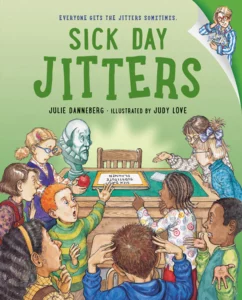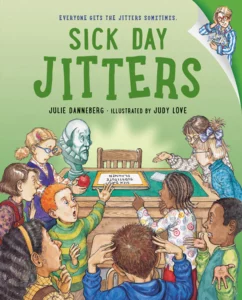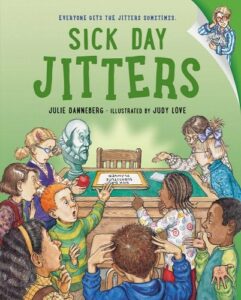 Nothing is wasted. –Richard Bausch,
Nothing is wasted. –Richard Bausch,
Experienced writers know this. How? From experience! It isn’t necessarily an easy lesson, but it is an important one nonetheless. Writer Richard Bausch explained once that the first thing he ever published was a short story. Unfortunately, when he started writing it, he thought he was writing a novel. And he kept on writing, and writing, that novel to the tune of eight hundred pages. It wasn’t until after he’d done all of that writing that he realized that he didn’t have an eight hundred page novel but instead, a short story of less than one hundred pages. What did he do? He scraped most of his original work, whittling down the words until he found the story within.
Obviously, Bausch spent a lot of time writing those eight hundred pages. Obviously, it hurt to let them go. But he knew, “Nothing is wasted.” All of the writing that he did, all of the thinking and research and description was the necessary knowledge base he needed in order to write the story that he successfully wrote.
My picture books are often less than 1000 words. That equals about four typed pages. However, to get to those four, final, publishable pages, I often rewrite my story 8….9….10 times….or more!
It is good to start off with the attitude that no writing that you do is ever wasted, even the writing that you have to throw away. Even the writing that you know is no good. Even the writing that is rejected. It is important to have this attitude because it allows you the freedom, or maybe it is the courage, to take a risk and to invest the time and energy and thought into a piece of writing that may never get beyond a first draft. And even if that writing is eventually thrown away, it pays off.
How?
Well, first of all, it is practice. Just as in sport, or music, or math, or any other skill, to get good at writing the writer needs to practice. A lot.
Secondly, if you believe that everything you write must be good, you won’t be willing to write something bad. And if you aren’t willing to write something bad, then you won’t risk experimenting with something new, or playing around with the text. You will be stuck writing the same thing over and over again because that is what you know how to do. It is a risk to step out of one’s writing comfort zone, but it is only outside of one’s comfort zone that one learns something new.
Teaching note:
So how does this translate into the classroom? Here are a few ideas teachers can use to help student writers take risks with their writing:
- When holding writing conferences, say things like “Have you ever thought about doing it another way? Why don’t you try it and let’s compare the two versions and see which one you like better.”
- Reward students who attempt something new even if their attempt doesn’t work out.
- Model that risk taking yourself. Show students how you took the same material and played around with it, trying it in different formats and from different points of view. Share your thinking about what worked….and what didn’t…and why.
- Give assignments that encourage students to do more writing than they actually need to complete the assignment being handed in. Professional writers often write biographies for each of their character or write about event or situations that don’t take place in the story, knowing that having that background information in their head, makes the writing that they put on the page more believable.
- Have students take time away from the actual writing of their piece to write about their writing. Professional writers often do this, spending time reflecting on their process, on what is working for them, of on what they think the message of their piece.


